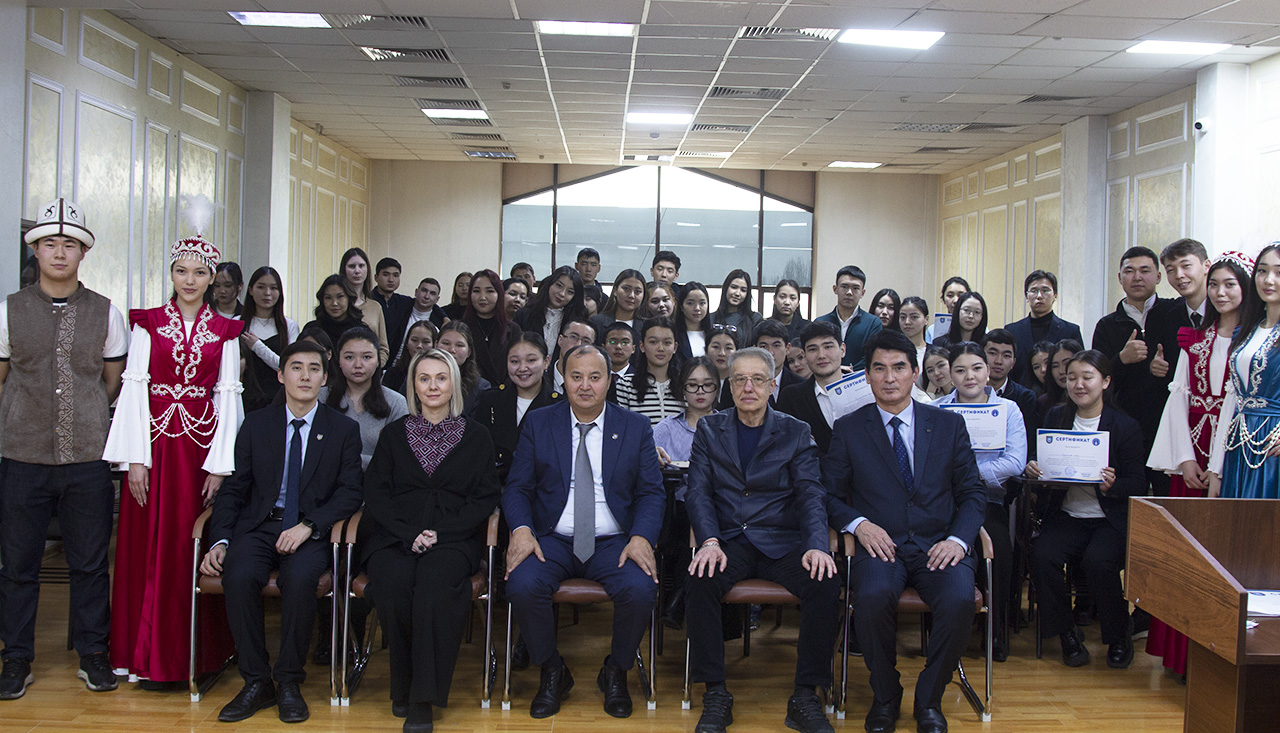- Main
- News
- On February 8, 2024, in 317 classrooms, Nurmuhamed Dauletkeldiuly Myrzataev, PhD, Deputy Head of the Department of Civil Law, Procedural and Labor Law, conducted a seminar on the topic: “Responsible consumption and production” within the framework of the UN SDG-12 with the participation of 117 groups of students.
On February 8, 2024, in 317 classrooms, Nurmuhamed Dauletkeldiuly Myrzataev, PhD, Deputy Head of the Department of Civil Law, Procedural and Labor Law, conducted a seminar on the topic: “Responsible consumption and production” within the framework of the UN SDG-12 with the participation of 117 groups of students.

On February 8, 2024, in 317 classrooms, Nurmuhamed Dauletkeldiuly Myrzataev, PhD, Deputy Head of the Department of Civil Law, Procedural and Labor Law, conducted a seminar on the topic: “Responsible consumption and production” within the framework of the UN SDG-12 with the participation of 117 groups of students.
If the world's population reaches 9.6 billion by 2050, it will take the resources of three planet Earths to provide all the necessary resources. With the increased use of non-metallic minerals in construction and infrastructure, the size of humanity's "material footprint" has increased. For example, in developing countries, it increased from 5 tons in 2000 to 9 tons in 2017. 93 percent of the world's 250 largest companies report on manufacturing sustainability. Water resources, -Energy, -Food. The food sector accounts for 30 percent of global energy consumption and about 22 percent of total greenhouse gas emissions.
